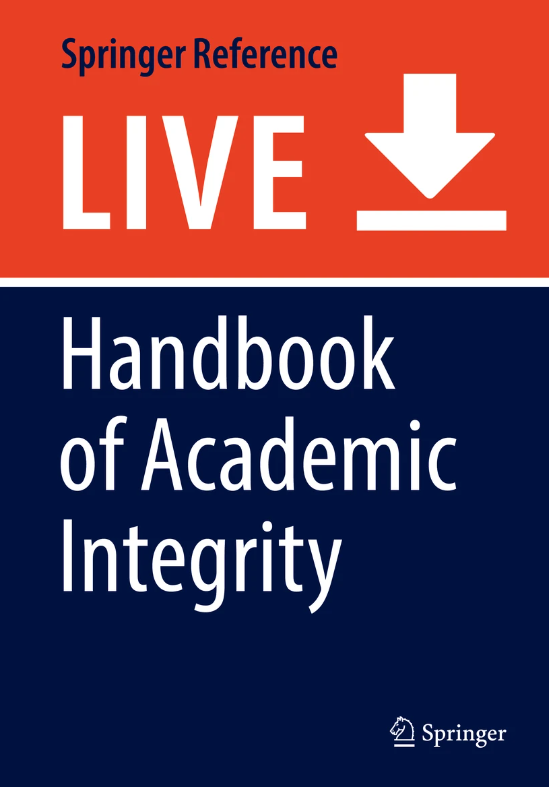https://link.springer.com/referenceworkentry/10.1007/978-981-287-079-7_90-1
I am very proud of the following publication.
Openo, J. (2023). Academic Integrity and the Affordances and Limitations of Authentic Assessment. In: Eaton, S.E. (eds) Handbook of Academic Integrity. Springer, Singapore. https://doi.org/10.1007/978-981-287-079-7_90-1
ABSTRACT
Academic integrity presents a perennial and long-standing challenge to postsecondary education. Outsourcing academic activity through contract cheating undermines academic credentials and potentially puts people at risk through extended professional incompetence. Postsecondary institutions must take the threat of academic dishonesty seriously, but to do so, faculty are often presented with the stark choice of playing a game of cops and robbers by increasing surveillance in the form of online proctoring. The rise of contract cheating, outsourcing of student work, and dissatisfaction with online proctoring have heightened focus on the teaching and learning environment and how changing the nature of student assessments can change student behavior. This chapter explores the concept of authentic assessments and argues that authentic assessments can play an important role in creating an academic culture of integrity. It provides guidance for thinking about why authentic assessments are needed now more than ever, along with providing practical steps for developing more authentic assessments. The chapter concludes by discussing some of the limitations that must also be considered when developing more complex, and potentially more time-consuming, alternative assessments, including the quest for scale and the increased use of part-time faculty.
